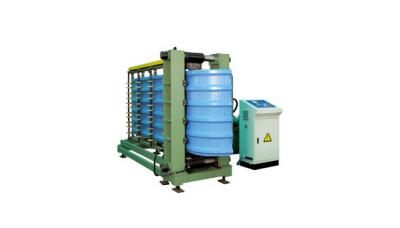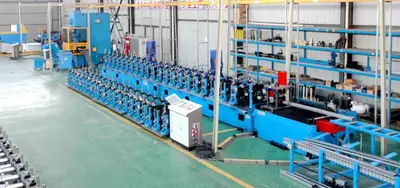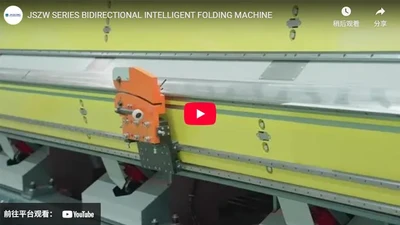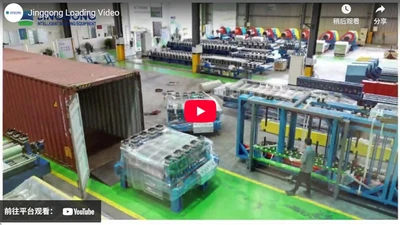Embracing Energy Efficiency and Sustainability in Sandwich Panel Manufacturing
In today's increasingly environmentally conscious world, manufacturers across industries are striving to reduce their carbon footprint and adopt sustainable practices. This blog explores the importance of energy efficiency and sustainability in the sandwich panel manufacturing industry. With the aid of advanced technologies such as the sandwich panel production line, manufacturers can now create eco-friendly solutions while still meeting the growing demand for these versatile materials.
Understanding Sandwich Panel Manufacturing
A sandwich panel, commonly known as a composite panel, is a key component in modern construction, widely used for its insulation properties and structural strength. Typically consisting of two metal or composite layers sandwiching a thick insulating core, sandwich panels offer excellent thermal efficiency, noise reduction, and fire resistance. However, the conventional manufacturing process is energy-intensive and often relies on non-renewable resources, making it essential to explore more sustainable alternatives.
The Role of Energy Efficiency
Energy efficiency plays a crucial role in reducing the environmental impact of sandwich panel production line. By optimizing the energy consumption during the production process, manufacturers can significantly reduce greenhouse gas emissions and contribute to global sustainability efforts. This is where advanced technologies like the sandwich panel production line come into play. These automated systems not only improve production efficiency but also ensure resource optimization, minimizing energy wastage.
Sustainable Materials and Practices
Apart from energy efficiency, the use of sustainable raw materials and practices is another pillar in the quest for eco-conscious manufacturing. Manufacturers are increasingly turning towards recyclable and renewable materials for the composite layers of sandwich panels. From recycled steel to bio-based composites, these alternatives provide excellent durability and performance while reducing the reliance on non-renewable resources. Additionally, implementing sustainable practices within production facilities, such as waste management systems and water conservation measures, further enhances the overall sustainability of the manufacturing process.
Advancements in Sandwich Panel Production Line Technology
The sandwich panel production line has revolutionized the manufacturing process, offering numerous advantages in terms of energy efficiency and sustainability. These automated systems integrate cutting-edge technology to streamline various stages of production, from raw material preparation to panel formation, resulting in reduced energy consumption and waste generation. By controlling parameters such as temperature, pressure, and speed, these production lines ensure consistent quality while minimizing resource wastage.
The sandwich panel manufacturing industry has made significant strides in embracing energy efficiency and sustainability. With increased focus on reducing energy consumption, optimizing resource usage, and adopting sustainable materials and practices, manufacturers are setting a precedent for responsible manufacturing in the construction sector. The integration of advanced technologies such as the sandwich panel production line has proved instrumental in achieving these goals, providing a more eco-friendly alternative to traditional manufacturing methods. By working together towards energy efficiency and sustainability, we can pave the way for a greener future in the construction industry.


 CN
CN
 EN
EN
 fr
fr  de
de  es
es  it
it  ru
ru  pt
pt  ar
ar  th
th  pl
pl  ro
ro 







 Call us on:
Call us on:  Email Us:
Email Us:  #1809, Jianhu Rd, Keqiao, Shaoxing, Zhejiang, China
#1809, Jianhu Rd, Keqiao, Shaoxing, Zhejiang, China 